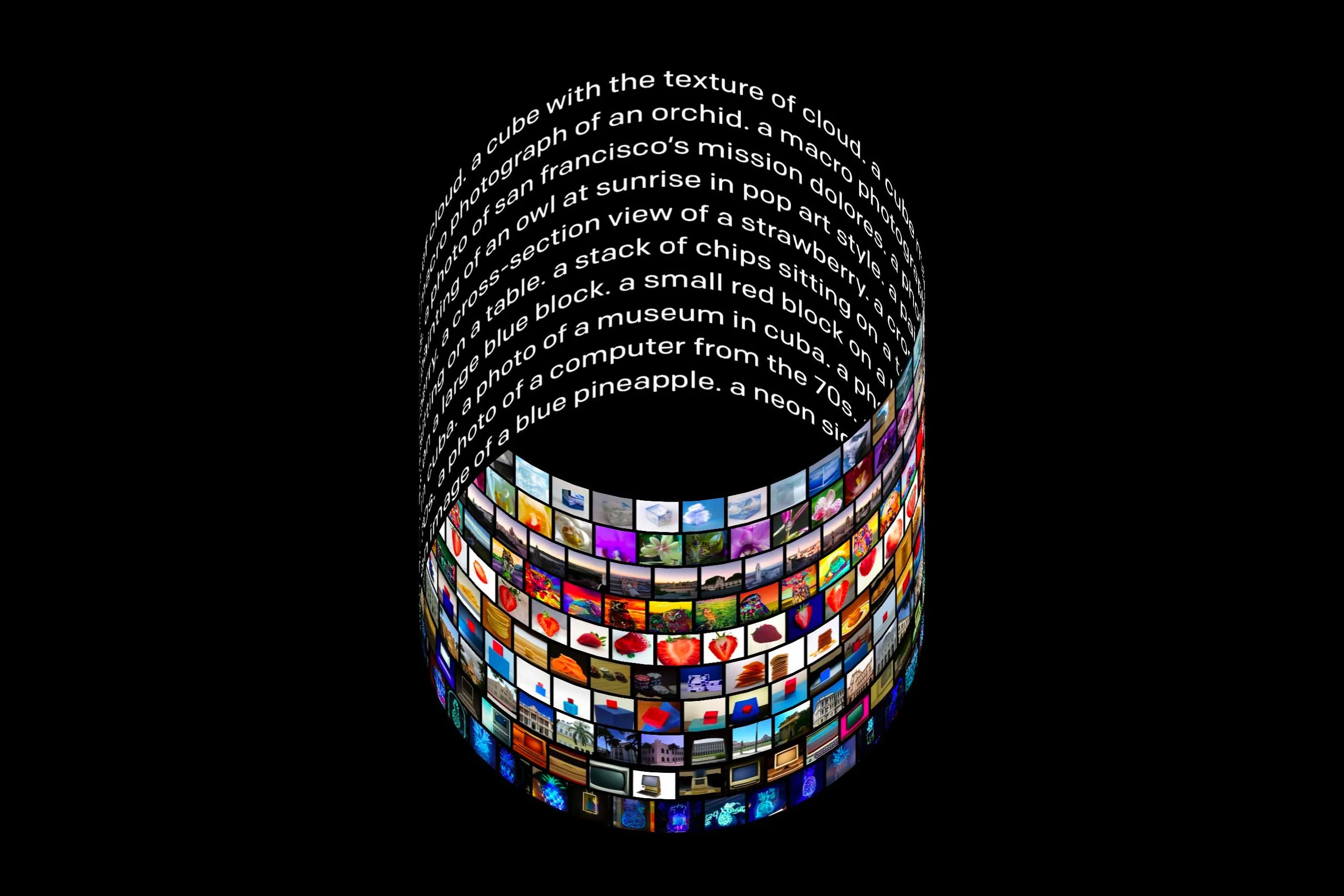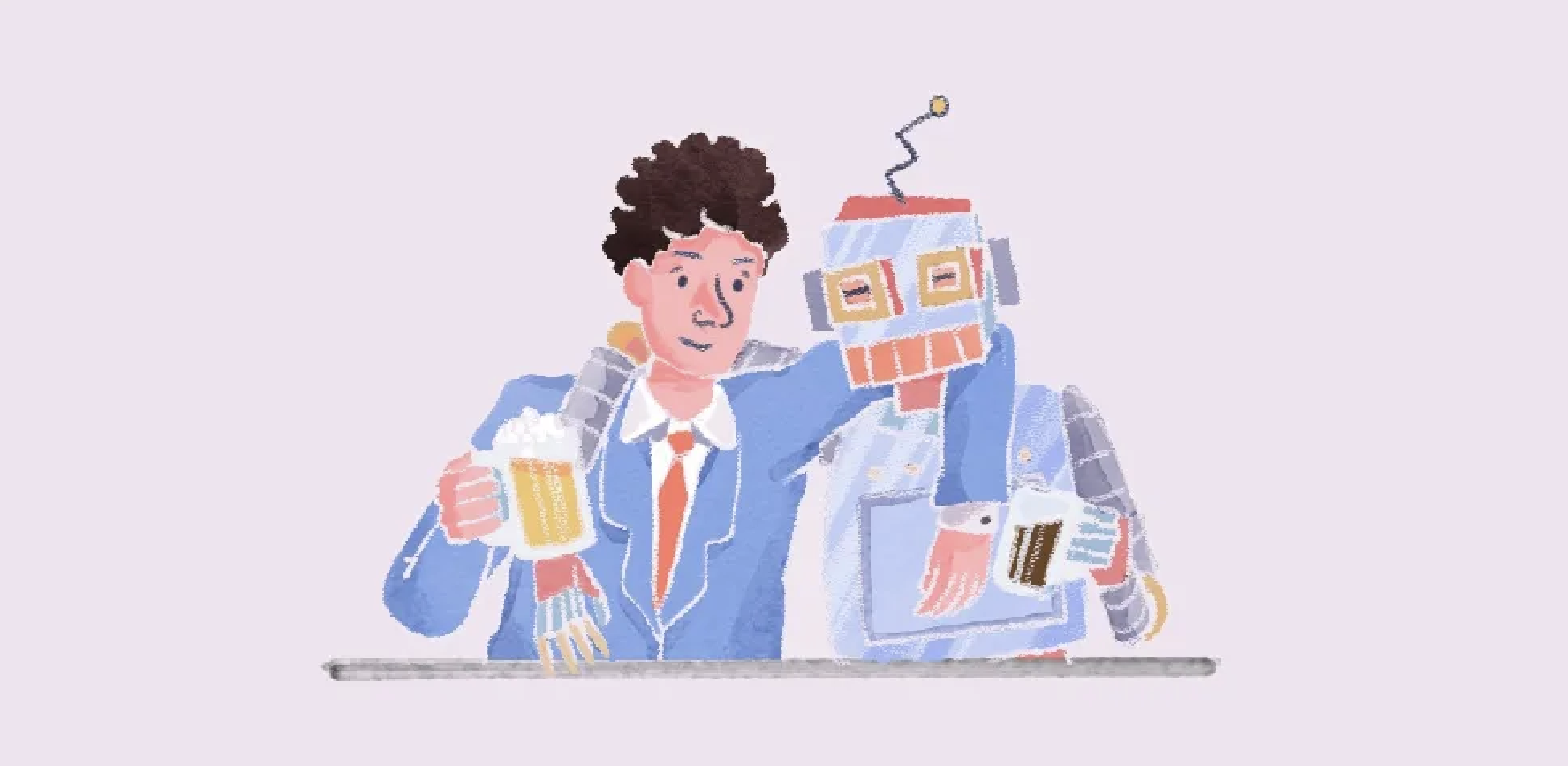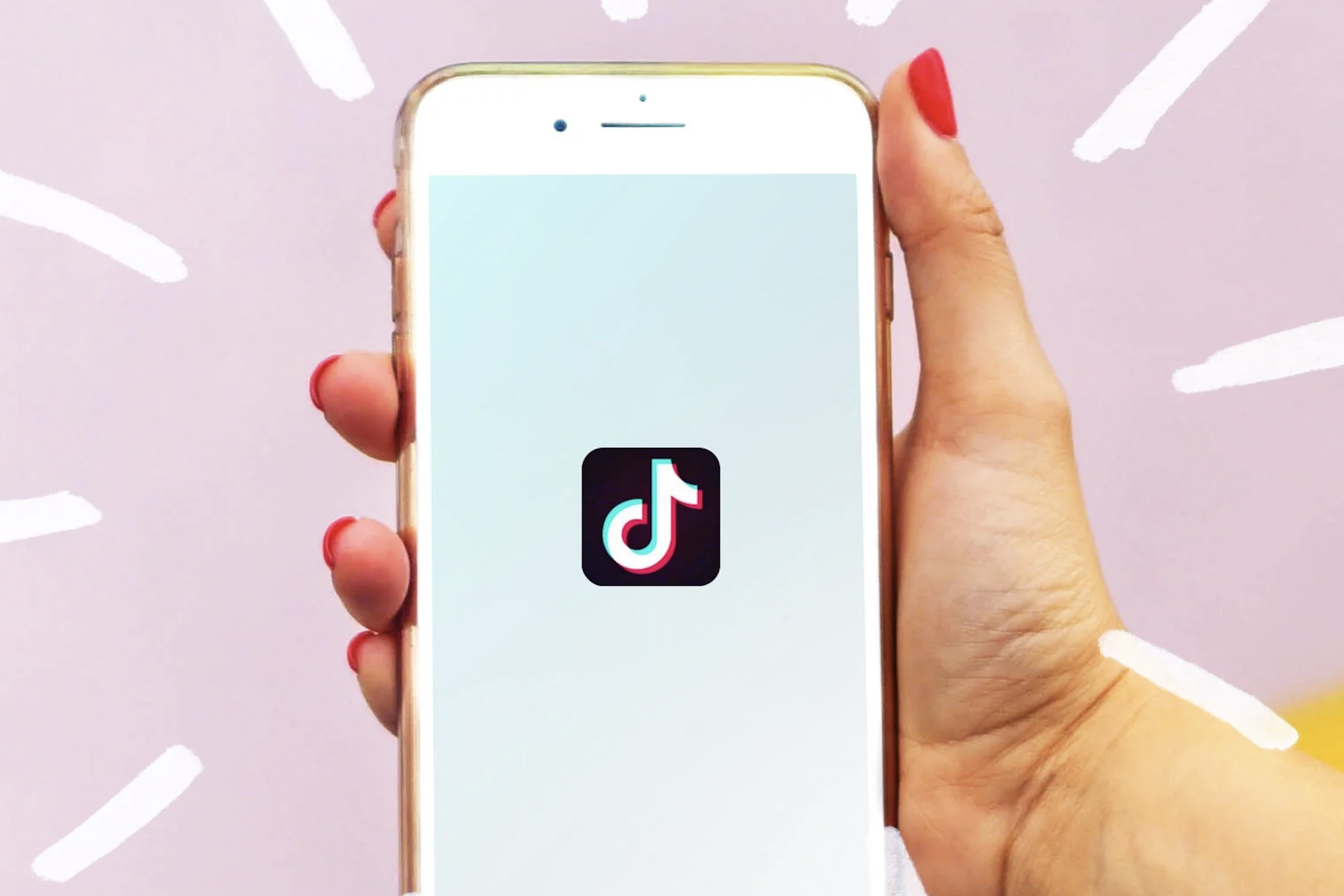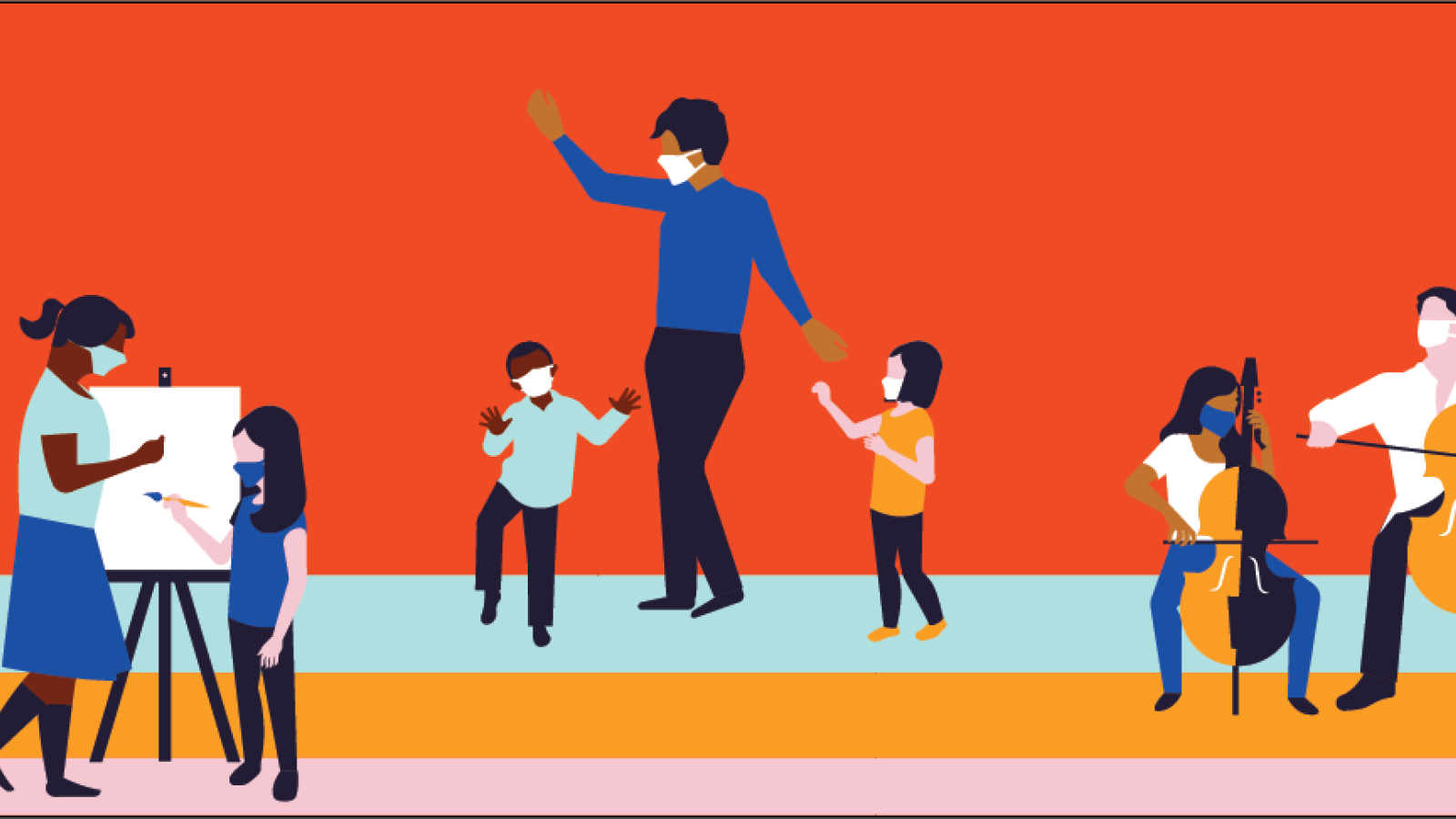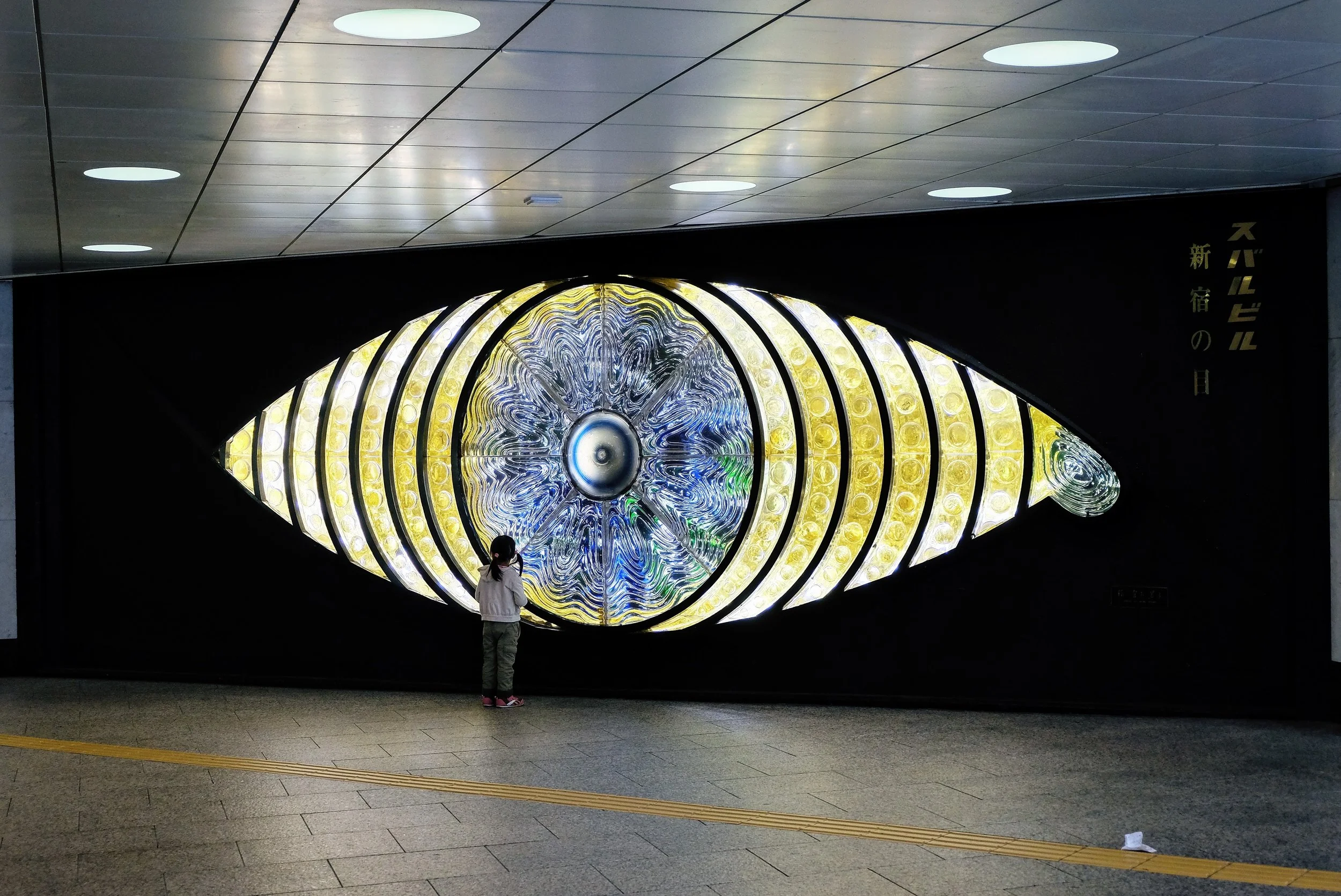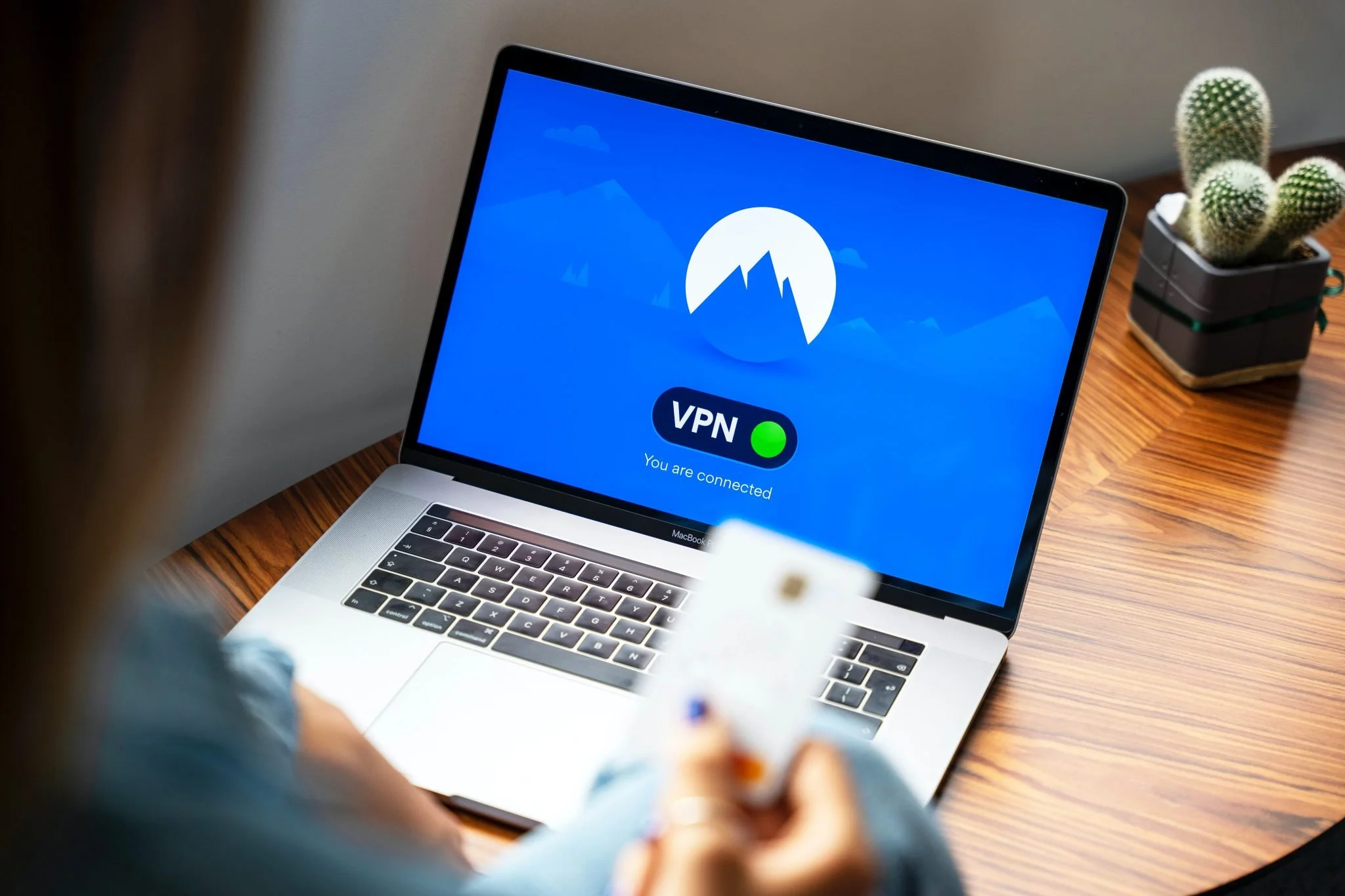On Monday, the headlines were ablaze with President Biden’s executive order addressing safe, secure, and trustworthy Artificial Intelligence. At 111 pages, the order offers a breadth of policy frameworks and standards creation that affect government operations and industry reporting. However, several areas of note have a direct potential impact on the work of artists and arts organizations: Watermarks of content authenticity, Copyright, and Labor.
In the News: January 2023
Essential Benefits of Arts Education for Students
Secondary school arts education is undeniably a consequential and vital experience for students to grow personally, socially, and intellectually. It benefits students inside and outside of the classroom in numerous ways. This article examines the various core standards for arts education and how they impact student development.
The Arts Education for All Act: A Catalyst for STEAM Education
The demand for STEM practitioners is growing in tandem with the demand for workers who are equipped to think about their social and ethical aspects. The intrinsic values of the arts, such as empathy, community, and imagination, combined with the logic of the STEM model, create a more well-rounded experience for youth. Agnes Chaves, a new media artist and founder of STEMarts Lab, advocates for the idea that STEAM education practices allow students to understand the ethics behind new technologies and their impact on nature and humanity when approaching a problem. Particularly for larger societal problems such as digital inequity, it’s crucial that students perceive themselves as caretakers of the planet and global citizens.
In the News: August 2022
Approaches to Data Privacy in Arts Organizations
In the current digital economy, privacy is elusive. In fact, much of the Internet as we know it is made up of services and practices that use data as a form of payment, without making that transaction clear. This article explores how individuals and organizations in arts enterprises can maintain better privacy and data protection for themselves and their clients using existing technology and techniques. It begins with a brief background on the state of digital privacy, and then provides into an overview of existing techniques and technologies that could be applied within the arts.
In the News: July 2022
July has been a whirlwind of a month at the intersection of art and technology. From possible successful legislation on data privacy in the US, to the Italian government putting its foot down on NFT sales, or just an AI making uncanny valley art that is starting to get a little too real, a lot has happened in the world. The spread of articles below give a glimpse into a small portion of the interesting events that have occurred this month!
TBT: Education, Gamification, & Public Policy
The Importance of Nonprofits' Prioritization of Patron Privacy
In 2021, TikTok updated its privacy policy which allowed it to collect biometric data on its users, including faceprints and voiceprints. Rather than explicitly informing its users about this change, the app vaguely communicated that they were issuing a “privacy update.” Once people found out what the update entailed, concern rightfully grew. This type of data collection indicates a significant shift from companies collecting behavioral data on their consumers to something much more invasive and without true consent. Only 36% of Americans trust tech companies using facial recognition technology. In general, public trust in Big Tech has been steadily falling in the United States. Regardless, however, most people still click “accept” to the Terms & Conditions on any website without actually knowing what is being agreed to, indicating a disconnect between what US citizens expect from businesses and what is actually being conducted. With a lack of national protection, nonprofit organizations must assume responsibility in protecting personal consumer data and using it ethically.
Three Platforms of Value for Independent Artists
Indie artists have been traditionally excluded from major labels due to their obscurity and improbability of generating revenue, causing difficulty in creating a career. Nowadays, however, independent artists have more power and capacity to survive, even thrive, without the help of a major label. The advent of the internet, streaming, and social media, as well as legislation regulating for rights of independent recording artists, have pivoted the music industry in the 21st century.

